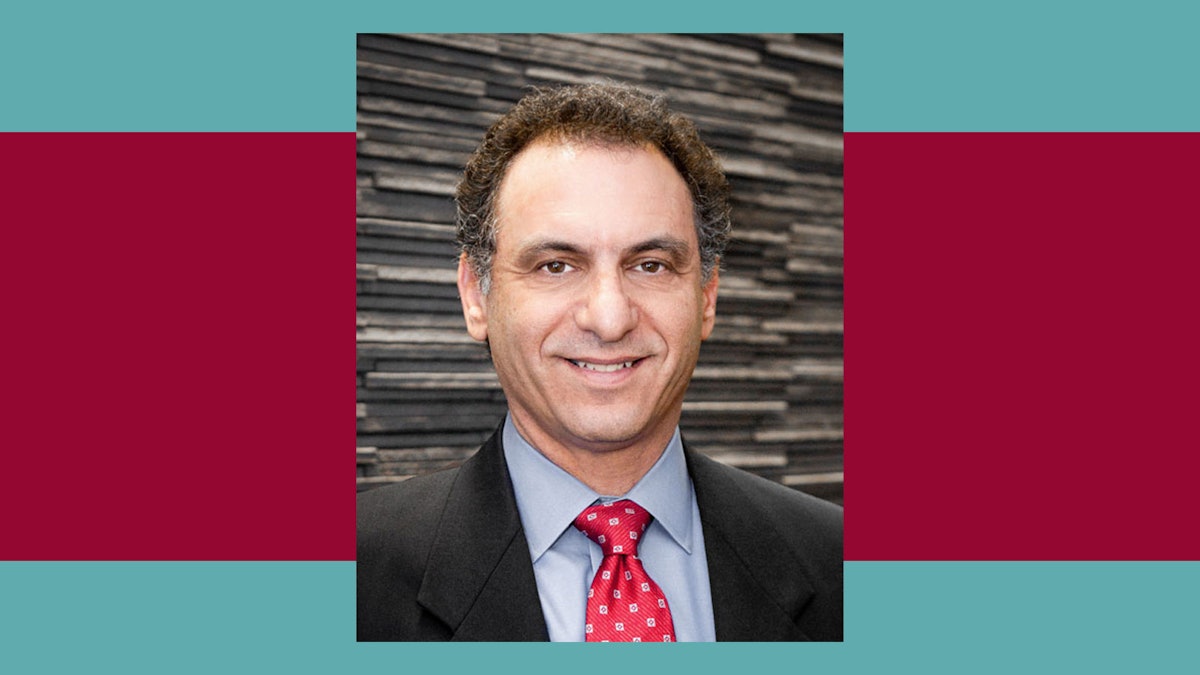madman
Super Moderator

Testosterone, science and human dignity
The John K. Lattimer Lecture presents new thinking about testosterone treatments for prostate cancer.
The John K. Lattimer Lecture presents new thinking about testosterone treatments for prostate cancer.
Abraham Morgentaler, MD, FACS
Imagine you had to choose between the quality of your life and the quantity. If there were a treatment that would make your life better but carried a risk of shortening that life, would you take it?
That is a choice many men have been faced with when it comes to testosterone therapy. For years, the belief that raising testosterone would cause more rapid growth and aggressiveness in prostate cancer prevented many men from seeking it out as a potential therapy.
But Abraham Morgentaler, MD, FACS, associate professor of urology at Beth Israel Deaconess Medical Center at Harvard Medical School in Boston, said those attitudes are beginning to change and testosterone therapy is improving the quality of life—and dignity—for more men.
Dr. Morgentaler, who will present this year’s John K. Lattimer Lecture, “Testosterone, Science and Human Dignity,” from 10:10 a.m. to 10:30 a.m. on Saturday, May 14, said the belief that testosterone causes cancer goes back to the 1940s and a study that found lowering testosterone reduced levels of a biomarker called acid phosphatase, which was used in the study. That finding became the basis for managing men with advanced prostate cancer that is still used to this day: androgen deprivation therapy (ADT). Newer research, however, is changing some of those early assumptions about the treatment.
“The ‘obviousness’ that testosterone is risky for prostate cancer comes from the fact that we still lower testosterone in men with advanced prostate cancer,” Dr. Morgentaler said. “So, if lowering testosterone is helpful for prostate cancer, then raising it would logically seem to be dangerous—except that a large set of data has shown this latter statement is not true.”
Rather than focus on the data, Dr. Morgentaler said he prefers to focus on the human side of the equation. He cited the case of a 94-year-old researcher with diffuse metastatic disease in his bones and lymph nodes and bilateral nephrostomy tubes from ureteral obstruction.
“He had been treated with ADT for 6 months, but he hated it because it made him too weak to leave the house,” he said. “He sought me out after reading my papers and requested that I treat him with testosterone. He said, ‘I know I’m going to die eventually—I’m 94 years old! And I’ll probably die from prostate cancer. But while I’m alive, I’d like to live as well as I can.’”
Dr. Morgentaler said the man responded well to the testosterone therapy and began exercising and corresponding again with colleagues from around the world. He died 11 months later at 95 years old, which Dr. Morgentaler said was a reasonable life expectancy for him even without the testosterone treatment.
Dr. Morgentaler said he hopes attendees will come away from his lecture with an appreciation for the human element in their profession and a new respect for the tough choices patients will have to make regarding their care.
“How we choose to die is really about how we choose to live,” he said. “My hope is that attendees will come to appreciate the lessons I’ve learned over the course of my career, in particular, the need to constantly challenge scientific assumptions and the magnificence of the human spirit.”















